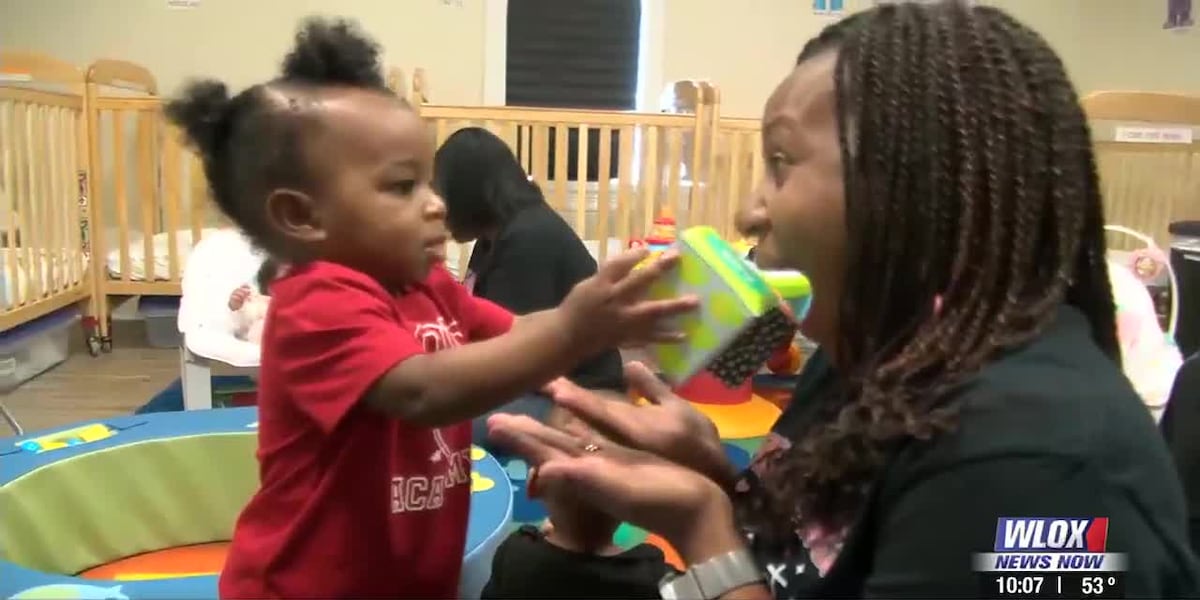Nurturing Genius: Inside the Innovative World of Beautiful Minds Childcare

Laughter echoes through the colorful hallways as children begin their day at Beautiful Minds Childcare and Learning Center, transforming an ordinary morning into an extraordinary adventure of discovery and joy. Located in the heart of Gulfport, this vibrant early learning center comes alive with the infectious energy of young learners exploring, playing, and connecting with one another.
Tiny hands reach out to build towering block structures, while giggles punctuate imaginative storytelling sessions. Educators move gracefully among the children, encouraging curiosity and nurturing each child's unique potential. The warm, welcoming environment is more than just a childcare facility—it's a nurturing space where learning feels like play and every moment is an opportunity for growth.
From creative art stations to interactive learning zones, Beautiful Minds creates an environment where children are empowered to explore, learn, and develop critical social and cognitive skills. The center's commitment to holistic child development shines through in every carefully designed activity and compassionate interaction.
Parents can rest assured that their children are not just supervised, but truly inspired and supported in their early educational journey at this remarkable Gulfport learning center.
